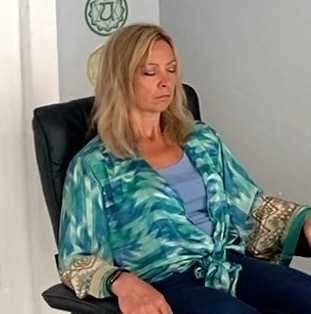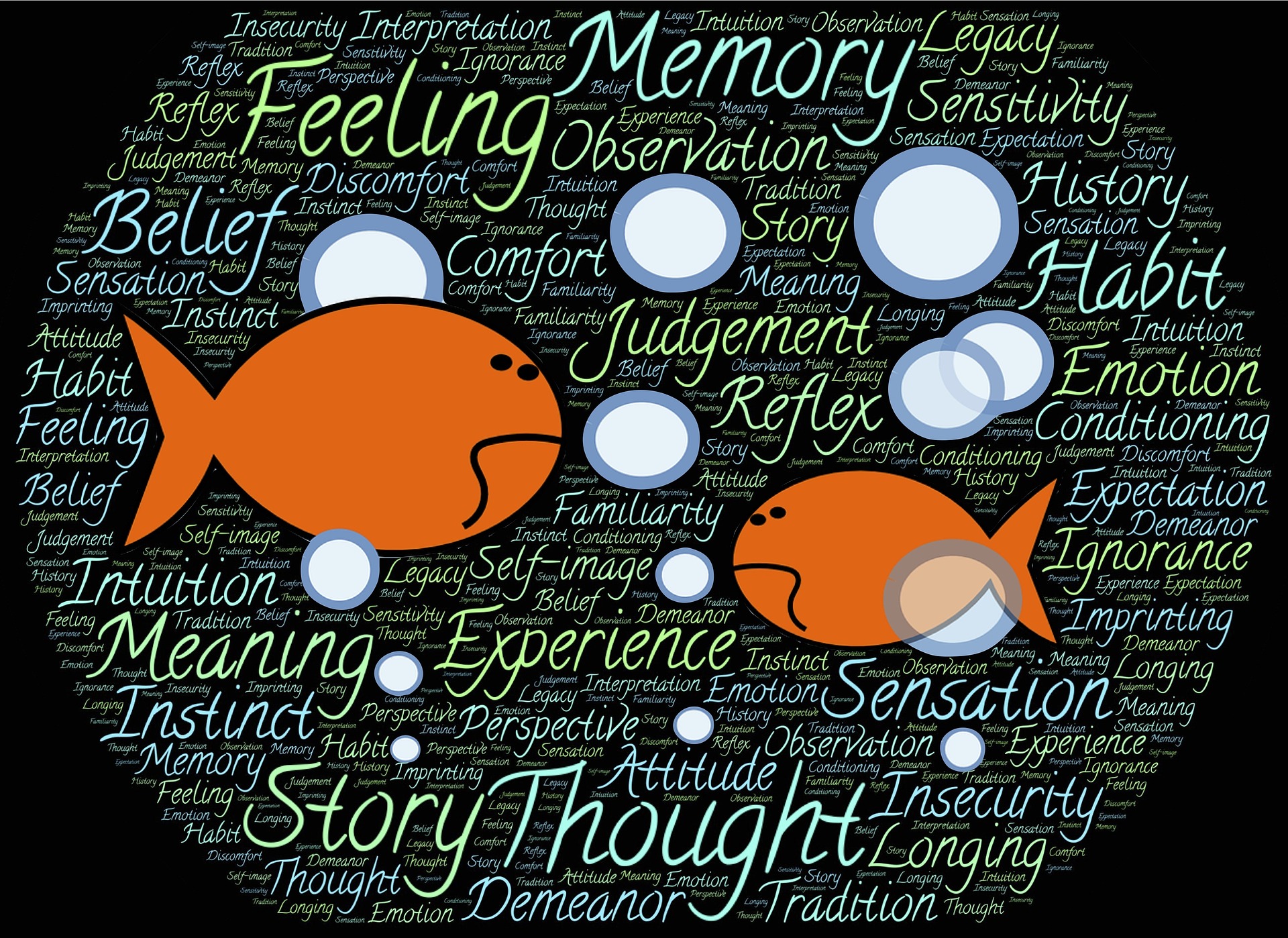
Hypnotherapy
Hypnotherapy
Whether you’re looking to overcome habits, reduce stress, anxiety or explore the depths of your subconscious, hypnotherapy offers a pathway to profound change. On this page, we’ll explain what hypnotherapy is, how it works, and what you can expect from a session.
What is Hypnotherapy?
It is a form of complementary therapy and is often called Hypnosis.
It is a therapeutic technique that uses guideded relaxation intense concentration, and focused attention to achieve a heightened state of awareness known as a trance. It is this relaxed state, whereby using the power of suggestions, that can help you to make changes to your thoughts, feelings and behaviours at the subconscious level. In this state you are more susceptible, therefore more likely to accept suggestions. Hence, why as a Hypnotherapist, I can help you find what you seek, and equip you with the tools to achieve it. When you are in this relaxed state the intense level of relaxation allows you to ignore ordinary distractions and focus solely on the therapist’s voice.
The Science Behind It
Hypnotherapy operates on the principle that the mind and body are interconnected, and by accessing the subconscious mind, we can address deep-rooted issues and promote healing. During a session, the hypnotherapist helps the client enter a relaxed state where the conscious mind is less active, making the subconscious mind more accessible.
In this state, the hypnotherapist can introduce positive suggestions and reframe negative thought patterns, helping to alter behaviors and emotional responses. Scientific research supports the effectiveness of hypnotherapy in treating a variety of conditions, including:
- Anxiety and stress: it can help by reprogramming the subconscious mind to respond differently to stressors.
- Chronic pain: Through hypnotherapy, the perception of pain can be altered, providing relief.
- Insomnia: It can address underlying issues causing sleep disturbances.
- Smoking cessation: Can help break the habit by addressing the subconscious triggers.
- Weight loss: Aids in changing the mindset towards food and exercise.
- Phobias: It helps in desensitizing the fear response associated with phobias.
- Post-traumatic stress disorder (PTSD): Hypnotherapy can help process and integrate traumatic memories.
Your conscious mind focuses on what you are currently aware of and thinking about, as well as your actions. The subconscious mind is the mind that controls your behaviours, and habits and is the part that permanently stores everything that has ever happened to you and things that you have learnt, the kind of thing you do without thinking. Hypnosis can help you gain more control over the behaviours you would like to change.

A typical hypnotherapy session lasts between 60 to 90 minutes and includes the following steps:
-
Initial Consultation: The session begins with a discussion. This helps the hypnotherapist tailor the session to your specific needs. This consultation is crucial as it sets the foundation for the therapeutic process and establishes a rapport between you and the hypnotherapist.
-
Induction: The hypnotherapist guides you into a state of deep relaxation, often using calming imagery, soothing words, and controlled breathing techniques. This process is known as the induction phase and is designed to help you reach the trance state gradually and comfortably.
-
Therapeutic Suggestions: Once in the trance state, the hypnotherapist introduces positive suggestions and visualizations aimed at achieving your therapeutic goals. These suggestions are designed to resonate with your subconscious mind, fostering lasting change.
-
Return to Consciousness: The hypnotherapist gently guides you back to full awareness, ensuring you feel relaxed and refreshed. This phase is important as it helps you reintegrate the therapeutic suggestions into your waking consciousness.
-
Debriefing: The session concludes with a brief discussion about your experience and any insights you gained. The hypnotherapist may provide additional resources or exercises to reinforce the therapy. This debriefing helps solidify the changes made during the session and provides a plan for continued progress.
Some people often describe it as feeling “zoned out”, but most people describe it as a pleasant relaxed experience.
The approach I take is making it so you can think differently, allowing you to feel differently. After all, it’s easier to change how you feel about the outside world, rather than change the outside world.
When it feels like things are getting on top of you, it can feel incredibly overwhelming and isolating, however using a different approach allows me to help you make a significant shift in your thinking, which inevitably results in a shift in your behaviour.

By making changes at a subconscious level it’s like those changes have always been there. It is a therapy that works well with anxiety, trauma, phobias and so much more, as well as boosting confidence and self-esteem.
Hypnosis is often widely misunderstood. I’m sure you may have seen or heard about stage hypnotists making people do strange things. As a therapy, it is totally different. I don’t take control of your mind and body, you are in full control. There are no swinging pocket watches used.
If you have ever zoned out whilst watching TV, reading a book or daydreaming, then you have been in a similar trance like state. It isn’t a state of deep sleep. Because your body is still and quiet it can sometimes feel like you are asleep. We put ourselves in and out of hypnosis several times a day.
Change doesn’t have to be a long-winded affair, change can happen for you quickly and effortlessly.
As anxiety and stress conditions are commonly internal responses to external stimuli, they can respond well to treatment with hypnotherapy. It isn’t just a thought, there are feelings that go with it. Feelings such as dizziness, nausea, shaking, palpitations or sweating. It can affect you in different ways and at different times. Anxiety is something that can persist whether or not the cause is clear to you. Perhaps you find yourself avoiding situations because you know your anxiety will kick in. This only serves as a short-term solution.